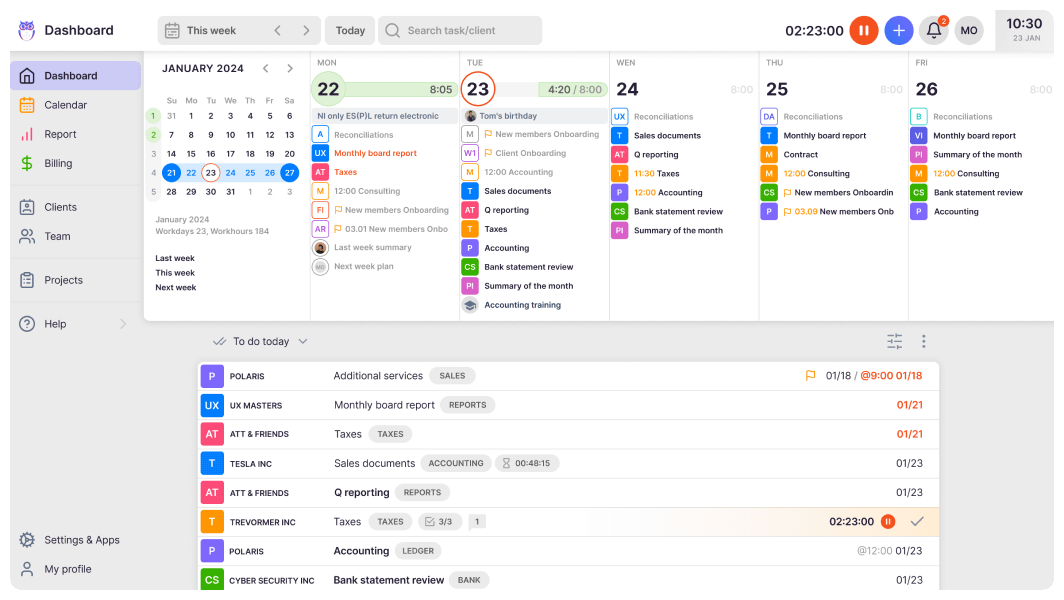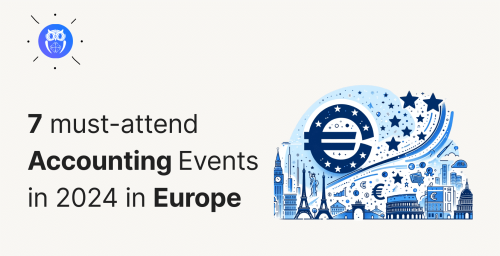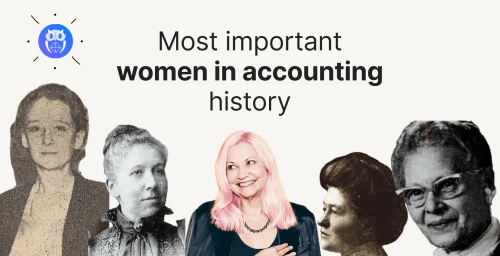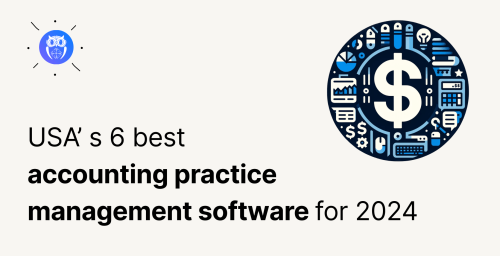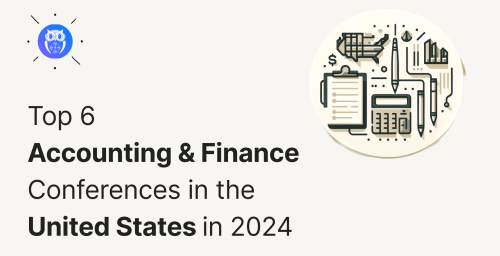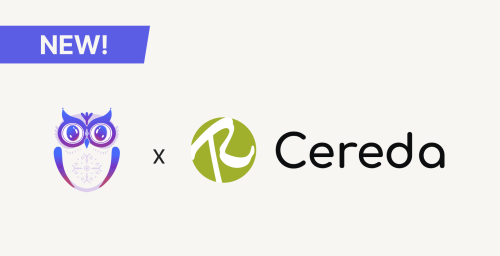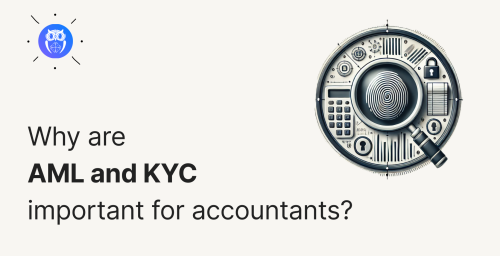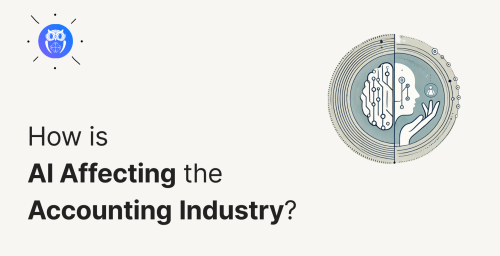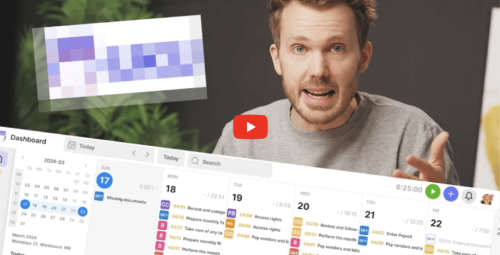Most CRM software applications require accountancy practices to be process-oriented. In other words, it concerns documentation accountants use to react to client engagement. Using CRM for an accounting practice to smoothen workflows is important.
We at Uku base our CRM for accounting practices on a customer-focused approach. Naturally, we have workflow processes that you’d expect from all CRM software. Yet ours includes time tracking, so it is even easier to track all billable hours to determine how profitable a client is.
Every accountant using Uku can observe recorded transactional data and billed hours and how the customer wishes to interact, making it an invaluable tool for understanding what type of client you are dealing with and how you can improve customer satisfaction.
Finally, Uku’s powerful reporting will permit users to analyse the entire practice and determine which services sell more (or not), bring in more revenue, or take up more employee hours.
Away from using CRM software, this reporting can train staff to improve their lead generation processes, develop proposals, and even the client’s customer satisfaction.
Accountancy practices formalise sales by identifying CRM improvement areas because they record each stage.
Recording each stage, assessing its success and making improvements helps firms achieve their revenue goals whilst simultaneously building a sustainable business model.
End-user obstacles
One obstacle in implementing and structuring a CRM approach with technology is end-user adoption.
Usually, accountants have their own ‘systems’ of dealing with clients who have served them well over the years.
This ‘system’ can be in the form of emails, an Excel spreadsheet, or even on paper stored in the office. Most probably use some form of accounting software.
Accountants do not see themselves as ‘salesy’ but recognise the need to sell their services to remain profitable and sustainable.
The key to ensuring end-user adoption is to focus on what would make their life more comfortable to do their job and serve their customers better.
Because if tasks are done on time, the customer is happy. From the outset, this fosters a positive relationship, discussing and selling more of a ‘client offering’ than directly selling.
It’s been our key focus here at Uku.
We were formed because accountants want to do their tasks, track their billable hours, and record client relationship transactions even more effortlessly, reducing stress levels.
Satisfaction grew From these clients, and our clients wanted to work more with them by buying more value-based services.
The business processes are what create value for customers. Uku’s CRM software enables the delivery of those business processes.
CRM for accounting practice should be a combination of people and technology
Successful CRM implementation requires the firm’s partners and practice managers’ commitment to CRM and leadership.
To summarise, a successful CRM for accounting practice needs:
Allocating financial resources. Practice managers must invest in the right technology that is easy to adopt within their practices.
Enthusiasm. Practice managers must be enthusiastic and confident when using CRM. If not, their accountants will likely not get staff buy-in.
Adoption. Practice managers must be committed to using it and sharing the knowledge obtained with staff. So all can understand the value it brings.
Patience. CRM strategy will take time to learn and practice but keep going, the rewards will be worth it in the long term.
Remain focussed. Despite how busy accounting periods become, accounting firms must continue to use CRM.
To achieve CRM success, discuss with everyone concerned what is required and the aims of implementing it. Ensure that all are kept up to date, who will be impacted, and when and how changes will occur.
Use our CRM tool for a free 14-day trial and view how easy it is for others to benefit.








